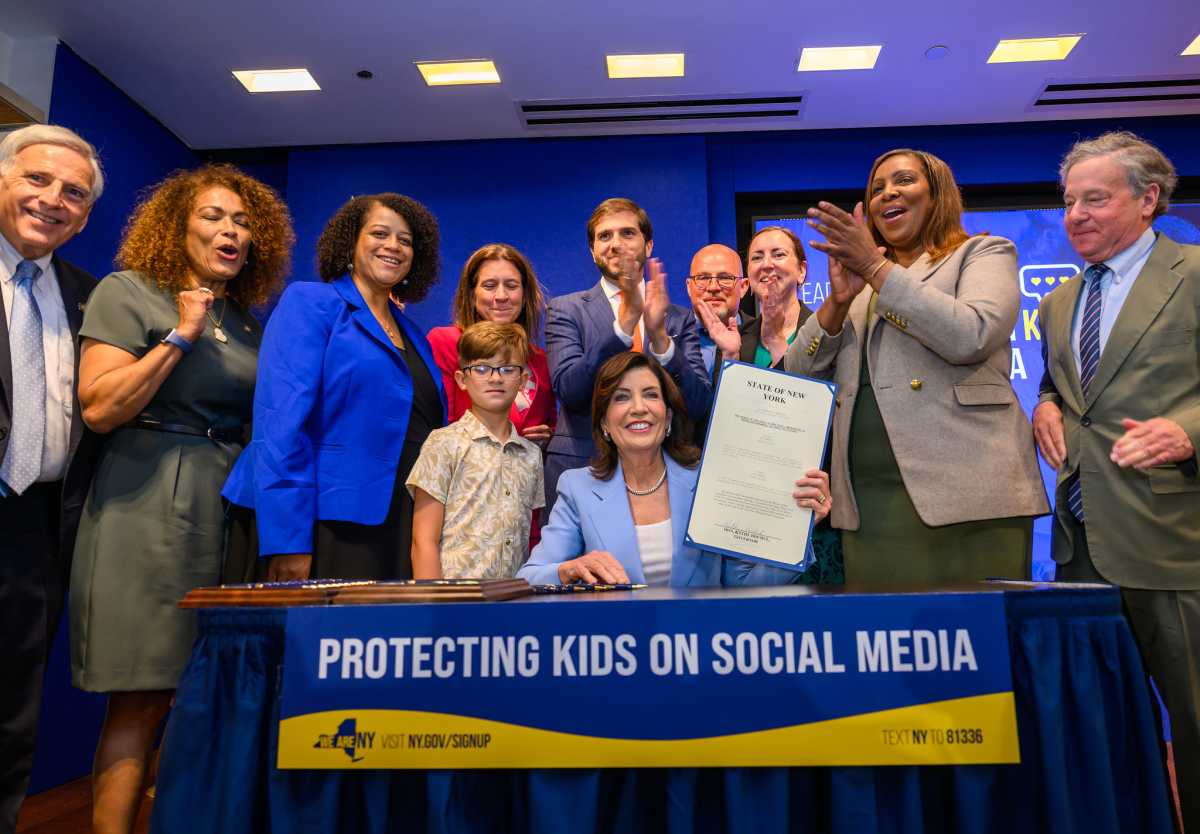Many strides have been made since the height of the AIDS epidemic in the late 1980s, but today, nearly one in six people in the U.S. infected with HIV do not know they have it, according to the Centers for Disease Control and Prevention.
To help raise awareness, the public health institute has deemed June 27 National HIV Testing Day to encourage testing and to help those with the disease treat it while it is still manageable.
In honor of the annual campaign, we talk with Dr. Frank Spinelli, a Chelsea internist and author of “The Advocate Guide to Gay Men’s Health and Wellness,” about the push for routine HIV testing and early detection.
Where do you see this issue in the public sphere today?
I think the biggest issue facing the community, specifically the LGBTQ community, which has been disproportionately affected by HIV/AIDS, is that many of them feel that it is a disease of the past, when the statistics show that in the U.S. there are 50,000 new diagnoses of HIV every year. Health-care individuals are missing the mark about reaching out and teaching about prevention and testing.
Why is this an issue that people need to be talking about?
Because it still affects so many people. I think everyone should be tested. I really push all of my patients to be tested for HIV once a year — gay, straight, male or female — and that’s because if you are having sex then you are at risk.
What are the numbers like today in NYC?
Approximately 129,000 were diagnosed with HIV in New York state in 2013, and almost 80% live in New York City. Almost 4,000 New Yorkers will be infected with HIV this year.
Why is testing and early detection so important?
The important thing is that you have to know your status, because once you know your status, you can be linked to care, and once you are linked to care you can live a longer and healthier life. Most people who do not know they are living with HIV do not find out until they are living with full-blown AIDS because they are not being tested, and then treatment options are more limited.
What types of tests are available today?
HIV testing has been the same for many years, but they have gotten it down so that you can have your results in 24 hours. That means you need to go to a health-care provider or a lab and be tested there. Or you can go to a health-care provider and take a rapid test in the office. And now there is OraQuick, which you can buy and take it home and do it yourself. It is available over the counter for $40 at many pharmacies.
Where can people go and get tested?
On National HIV Testing Day you can go to your health-care provider, or go to the Gay Men’s Health Crisis, which provides free testing. There is availability to get it done almost anywhere. You can also do it at home. The rapid home test does not involve blood, so if you are squeamish about blood then you can swab the inside of your cheek and get the results in your home and it’s just as accurate as any test that you would take at a lab. I think that a lot of people think that with the rapid test they will take it alone and be scared, and I want to let people know that there is a 24-hour health-care line where they can get support if they cannot reach their health-care provider immediately.
What does the prognosis for someone who is HIV-positive look like today?
Those who are diagnosed early, who are put on antiretroviral medication right away, can expect to live out their full life expectancy. The number one killer for people with HIV is not AIDS, it is the same as the number one killer for the general population, and that is heart disease.
Do you see an HIV vaccine or cure in the future?
I am optimistic that we will see a vaccine in the future. I don’t know when that will be, but I will say that I do think we will find a cure in my lifetime. If you had spoken to me about it at the beginning of my career I would have said the opposite. To see the progression from when we had no choices, to now, where we have so many choices to treat patients, makes me think that we will have a cure in my lifetime.



































